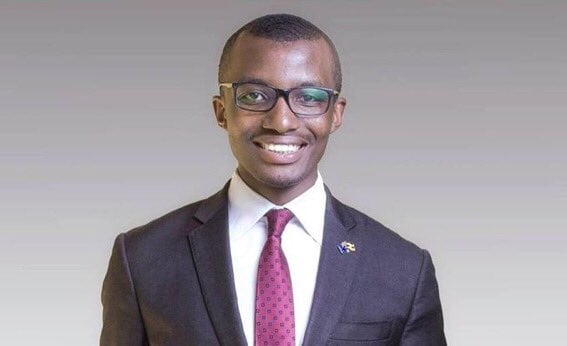Prime
How will govt manage oil if it can’t manage its torturing agents?

Raymond Mujuni
What you need to know:
- The pillage and plunder of government resources, accompanied by now routine harassment, torture and intolerance buttressed at the heart with irreconcilable and debilitating impunity cannot produce a successful management of resources.
My first editor was a dyed-in-the-wool journalist. He’d risen through ranks from a freelance reporter to the newsroom’s highest echelon; editing and lecturing at the journalism faculty in Makerere. He often told me that to investigate an institution, one needed not a record of all their finances but rather a visit to their toilets.
If the washrooms weren’t anything to write home about then very likely the books weren’t any better. So I grew in the profession by looking at the small things that I could touch and see; a sluggish service at the reception often translated into a worse serving in the boardroom, an empty office chair and cold desktop often translated into delayed timelines and poor service.
So this week, when government officially announced, after a 15-year long wait, that it had reached a final investment decision with its joint venture partners, I was wary that all these celebrations and hashtags that were flying in every corner would likely amount to a premium bucket load of tears with a parked green truck to collect.
For the ordinary Sekatawa, Oketch or Musinguzi on the street like me, big words like FID shouldn’t worry us as much. They are sets of technical jargon drawn up in boardrooms where monopoly multinational capital holds its strongest turf. Even if the government dumped copies of the document at Kololo and one read it cover to cover, it would hardly make sense – or if it did, hardly derive a fiduciary incentive [Big words, again!]
The turf, for the rest of us, is really on the collection of, storage and utilization of oil revenues. It is to trust that if today Total and CNOOC burrowed $10 billion into Uganda’s economy, those we pay with our hard earned ka-money will collect our fair share, tuck it away and unlike Zacchaeus, make the things we care about the priority and cater to them.
Except they won’t. And you can take this to the bank.
In 1995, Ugandans signed their Final Investment Decision with the State. After years of excessive turmoil and the discovery of peace, ha!, Ugandans decided to draft this small thing called a constitution and enforce it with a social contract. Men with guns, that constitution said, would be removed from the management of public affairs. Ugandans then hoped, and rejoiced that they had finally found their oil, they would dig into the ground, pay their taxes and at the other end would emerge schools, roads, hospitals etcetera.
In the same week that multinational capital and droves of civil servants were filing into Kololo to sign the FID, author Kakwenza Rukirabashaija was being wheeled into court with evident marks of torture. His back had been done with, tired and bruised by whipping, his leg flesh torn apart by tongs, his nails plucked and his passport confiscated by the state. Torture, in the Ugandan constitution, is outlawed and yet, somehow, it happened to Kakwenza and to Samuel Masereka and to hundreds of others during the recently concluded election.
If a state and its accompanying government cannot stay away from the bodies of its citizens, convince me different it will keep its hands out of the oil cookie jar?
The pillage and plunder of government resources, accompanied by now routine harassment, torture and intolerance buttressed at the heart with irreconcilable and debilitating impunity cannot produce a successful management of resources.
Like my editor taught me, if this government is failing in its minors like protection of citizens from torture by state agents, it won’t succeed in majors like picking its share of the pie from multinational boardrooms and their agents of offshore book balancing.
Heads you lose, tails you lose.




